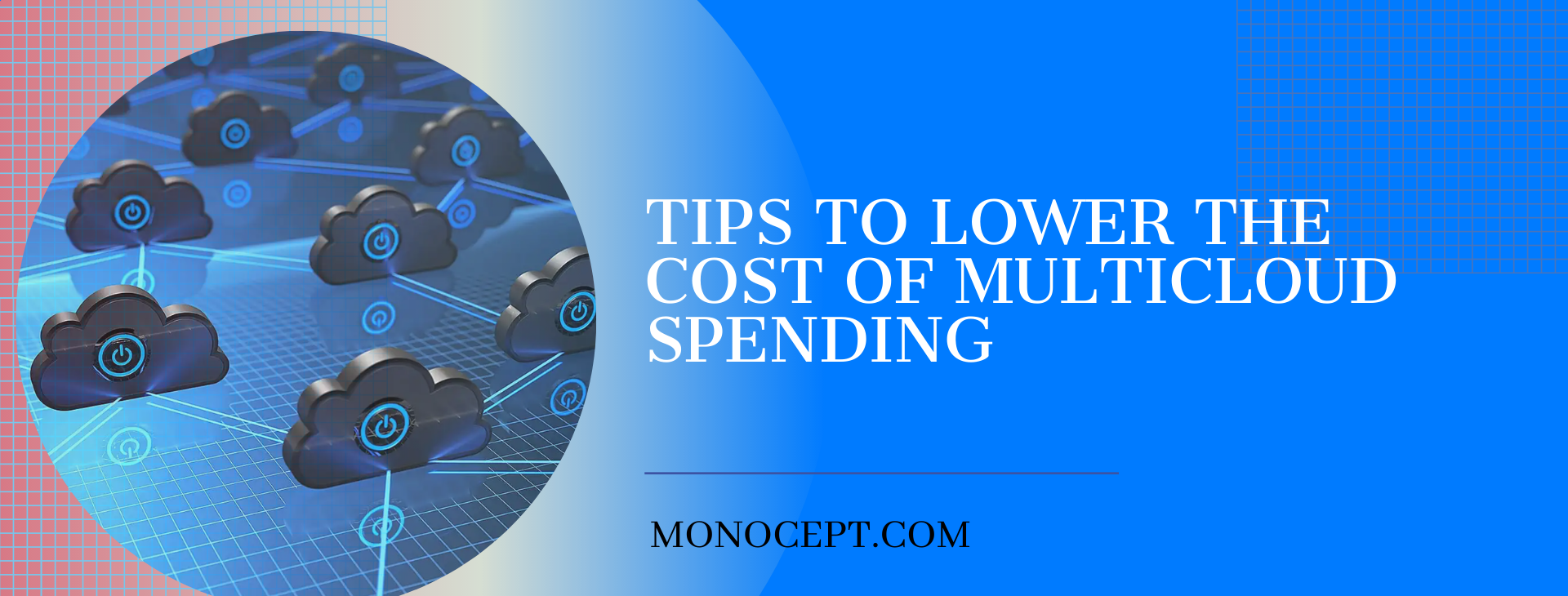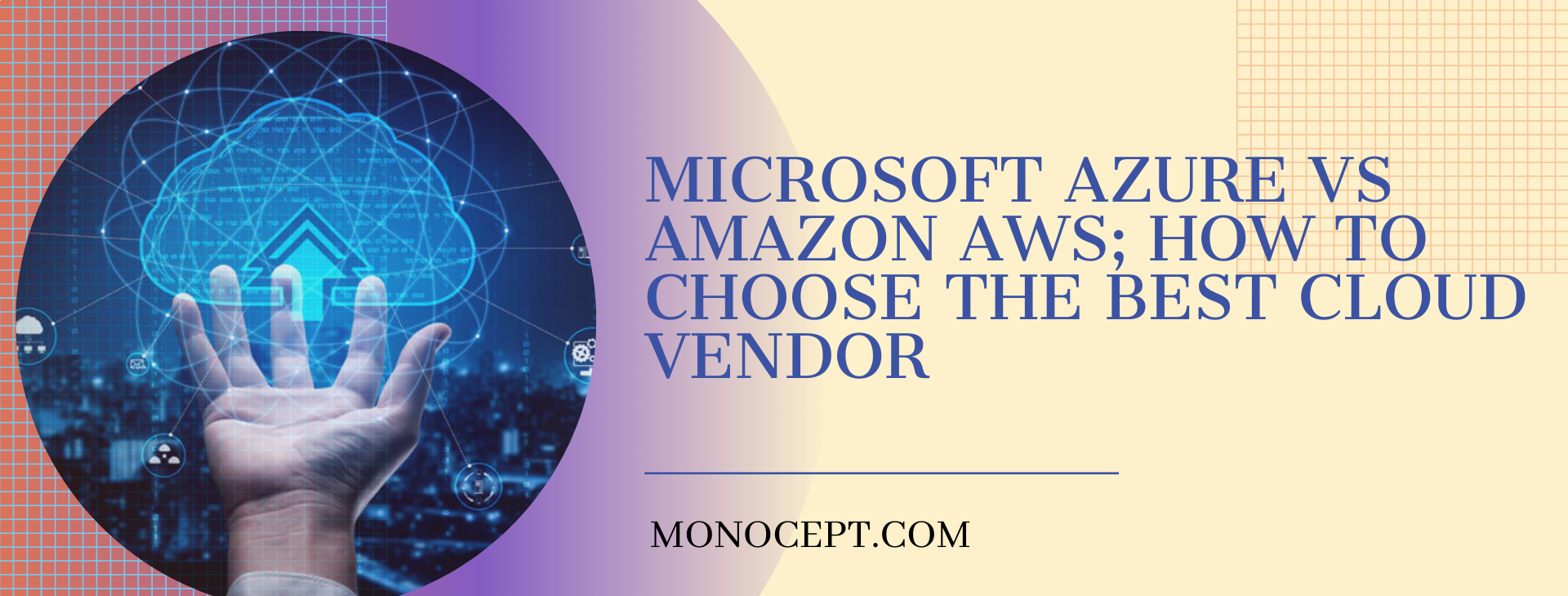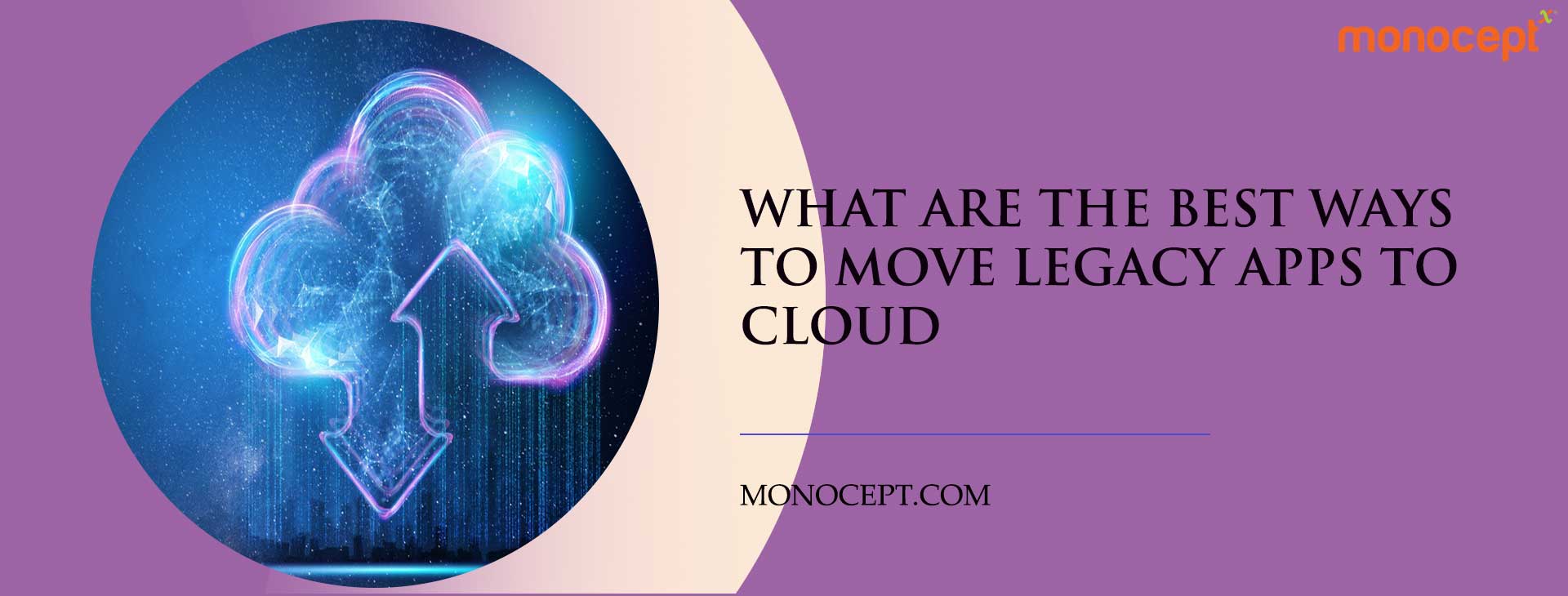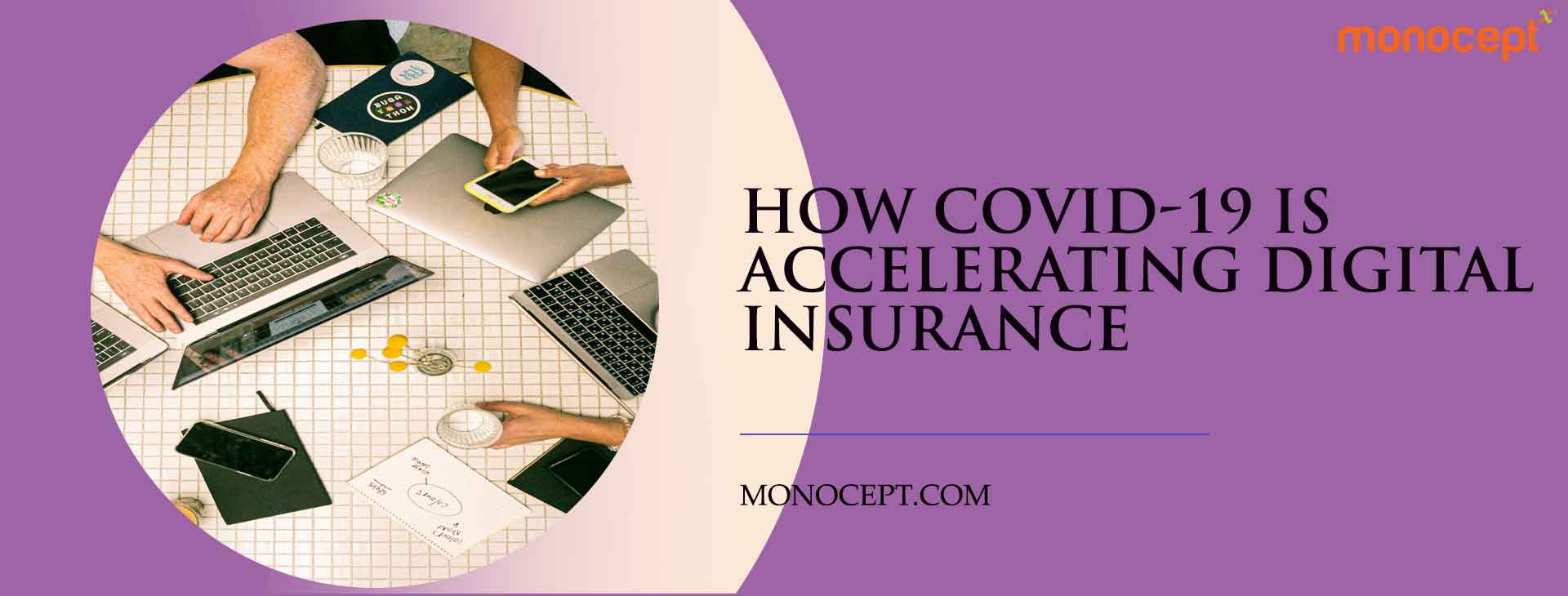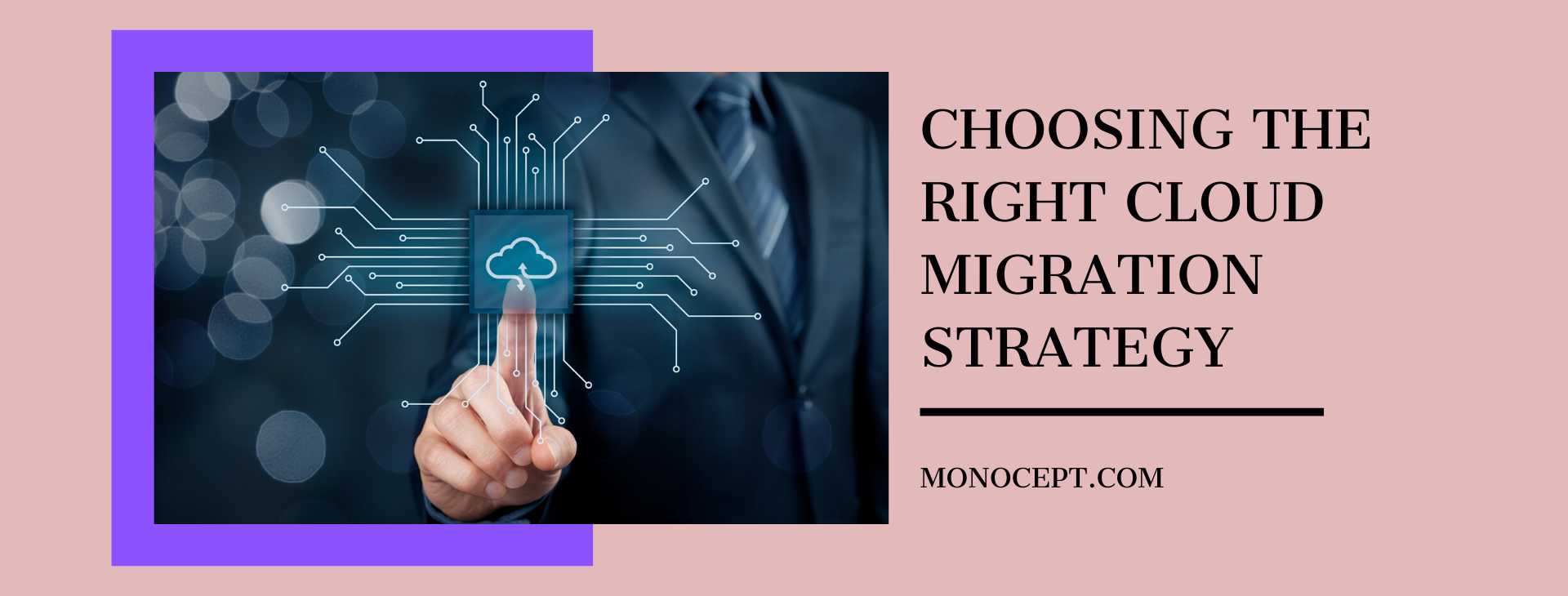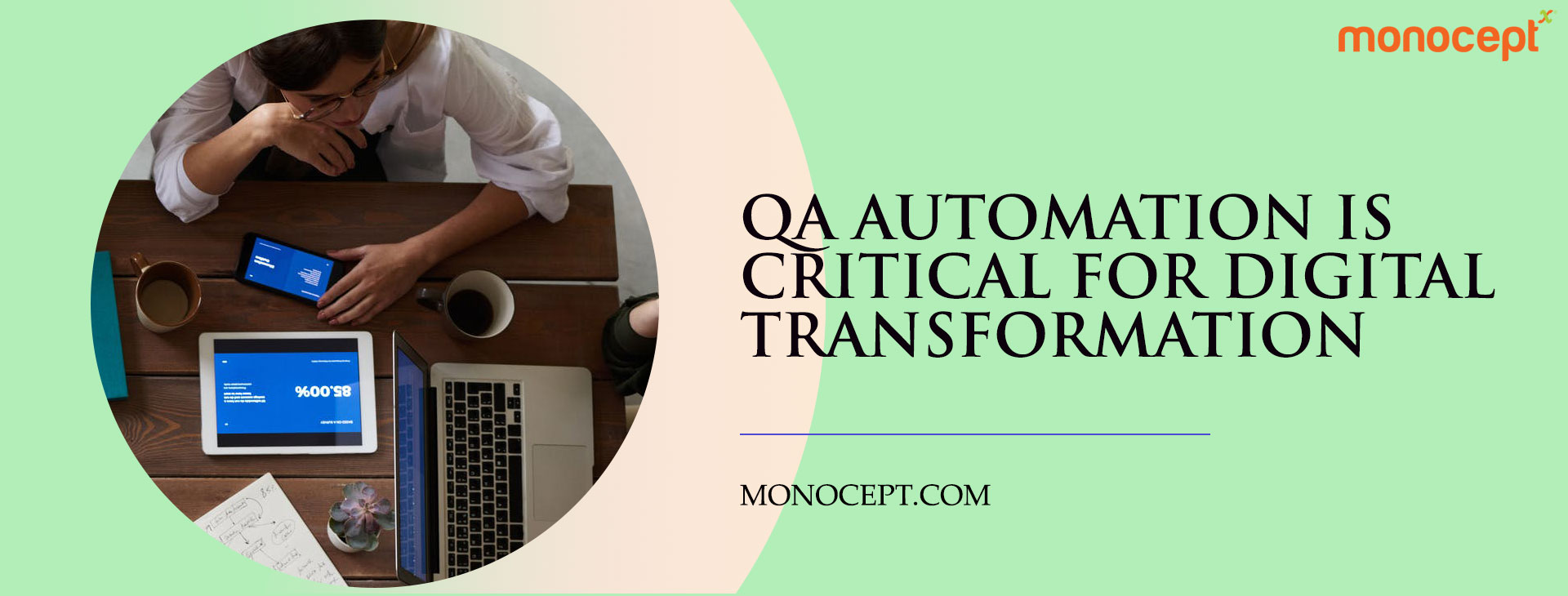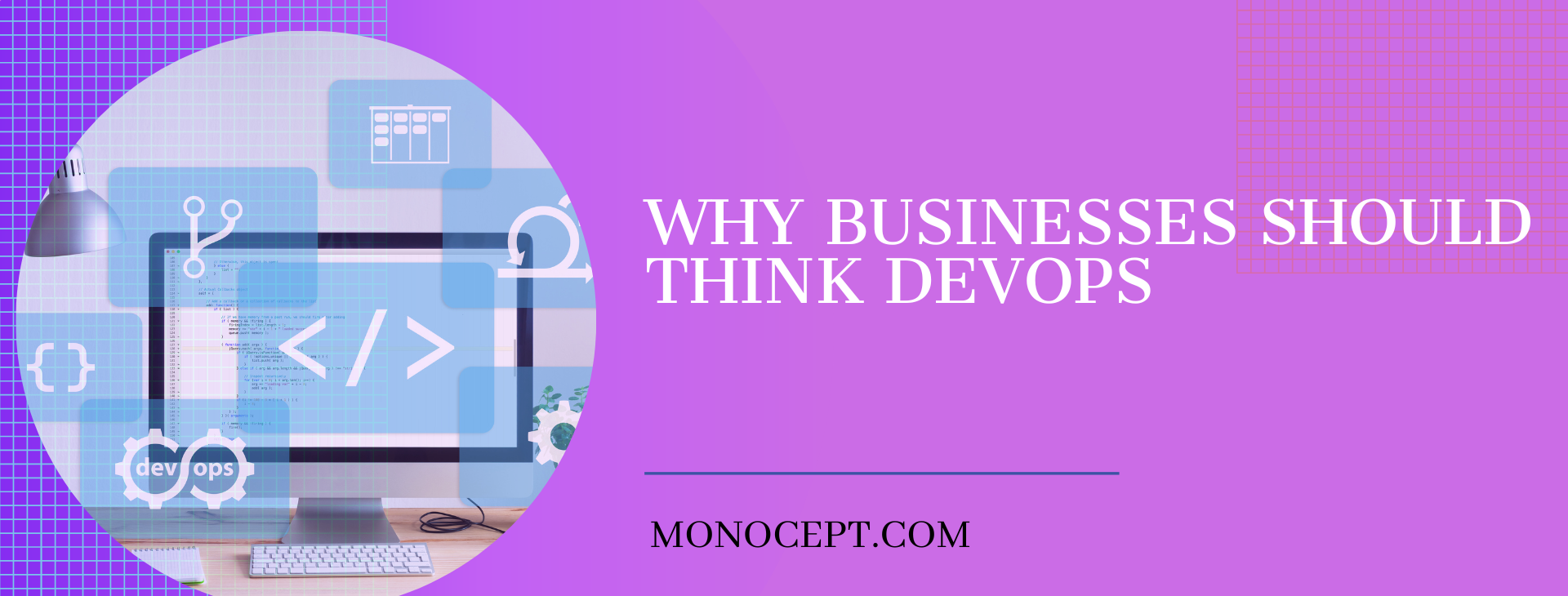Why Do You Need Cloud Data Management?
The way you manage and use your data could be the key differentiator in your success story. In today’s time, it is a fact that most organizations are sitting on piles of data – be it customer data, supply chain data, employee records, competitor data, etc. But what uses is this data if it is locked away securely in an inaccessible vault, where you can’t access it when needed to draw actionable insights for your business success? Why would you require cloud data management?
Easy access to data is necessary for innovation and decision-making in any enterprise, and cloud data management can overcome this barrier by storing all your data on cloud-based servers that can be swiftly accessed, on-the-go, by authorized personnel.
But therein lies a problem.
What if a disgruntled employee accesses some critical data to wipe it out, or accidentally deletes some of your important files?
Of course, you cannot lock down your data in a vault, as it would be of no value to anyone in that situation. Instead, what you need is a robust cloud data management strategy founded on the following pillars for maintaining the safety and accessibility of your data:
- Data Encryption
Cloud-based data management involves several layers of security for your stored data. However, it is vital to ensure that your data is encrypted at all times, to prevent any information loss even if your system is hacked.
Keep your data safe and ensure 100% privacy for your clients and employees by encrypting everything and limit the access to the decryption key. This way, even if there’s a breach, a hacker will only get hold of gibberish, which they won’t be able to decipher.
- Controlled Data Access
Everybody in your firm does not need access to all your company data. Therefore, it is vital to analyze which people need access to what data to put necessary authorizations and controls. Besides controlled access, you can also put security measures to scan the devices seeking access to data.
- Secure Data Transfer
While it is vital to encrypt stored data, you must also ensure that the data remains encrypted during transfer to an authenticated user or device, so that it is not intercepted during transit. For this, you can employ a VPN and secure firewalls while also virtualizing the data so that it doesn’t reside on physical devices.
- Determining the Sanctity of Data
Phishing attacks are widespread for data theft, wherein users end up clicking on authentic-looking emails in their inbox, leading to malware in their system. Therefore, it is essential to manage your data securely to avoid any breach or infection, which can be done by having a clear audit trail for every data transfer and scanning every piece of data before it is opened to determine its authenticity.
- Take Regular Backups for Recovery
Despite your best efforts, a data breach or accident may happen, leading to the loss of essential files and information. That’s why most companies stress taking regular backups of production data and applicable codes and cloud infrastructure configuration data. Besides an automated backup policy, you must also regularly test your backup and recovery processes to avoid any glitches.
Another best practice is to keep your primary data and backup on separate cloud servers. This will help in case any hacker gains access to your central account and deletes everything from it.
Challenges to Cloud Data Management
From the above discussion, it is clear that security is the foremost challenge in cloud database management systems. However, with developments in cloud-based technologies, data management in the cloud is becoming relatively safe, especially if you implement proper ransomware protection. Cost is another significant barrier as most cloud resources are pay-as-you-go, but users find it hard to contain their sprawl, leading to spiraling costs.
However, the benefits and opportunities arising from cloud data management far outweigh the challenges in terms of seamless accessibility, backup and recovery, and analytics. Storing your data on the cloud could also save you money in the long run as compared to using on-premise software, as you can purchase cloud resources, on-demand, as and when you require.
At Monocept, we are a team of problem solvers who work closely to identify and overcome your business challenges. We offer you an array of cloud-based services, including end-to-end data migration and management, to give you a competitive edge in the market.
Cloud data management is the process of storing and protecting your business information on a remote server. This type of storage makes it easier to access, share and protect your company’s valuable data from anywhere in the world. The cloud offers many benefits that traditional computer networks cannot provide including improved security, faster response times, lower upfront costs and greater scalability.
Cloud data management can be used for a variety of purposes including backup, disaster recovery planning or archiving old emails. Your company can also use this service to migrate important data from one system to another while reducing downtime. If you’re not sure if cloud-based storage is right for you then contact our team today!
The cloud has changed the way we think about technology, and it’s time to rethink your approach to enterprise software. Monocept offers a revolutionary new platform that enables you to build software applications faster than ever before, without compromising on security or control.










